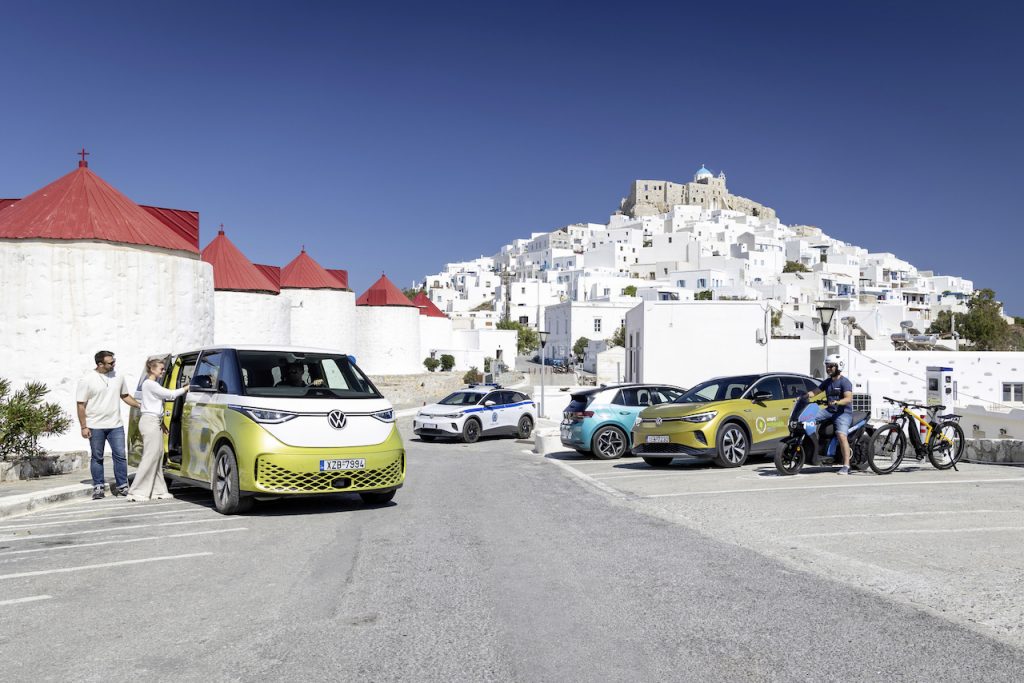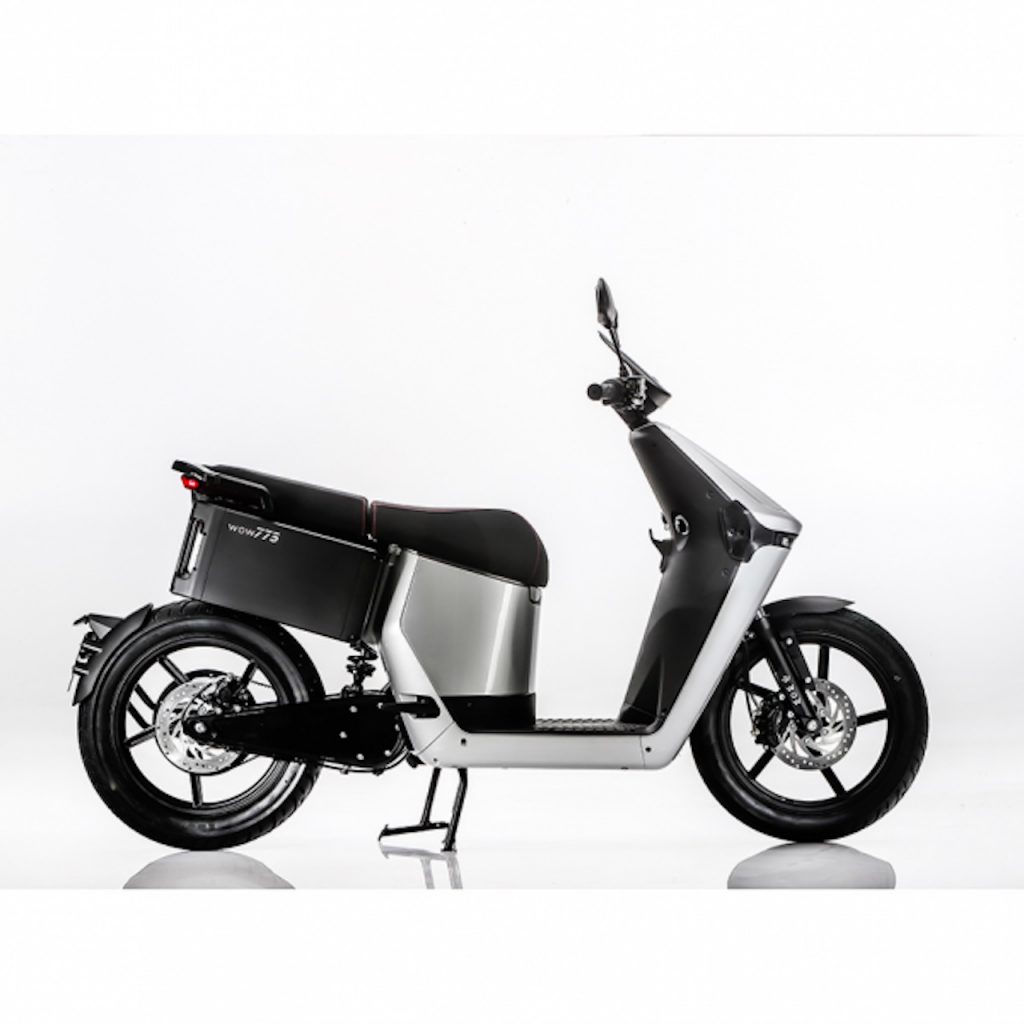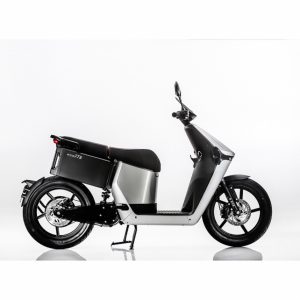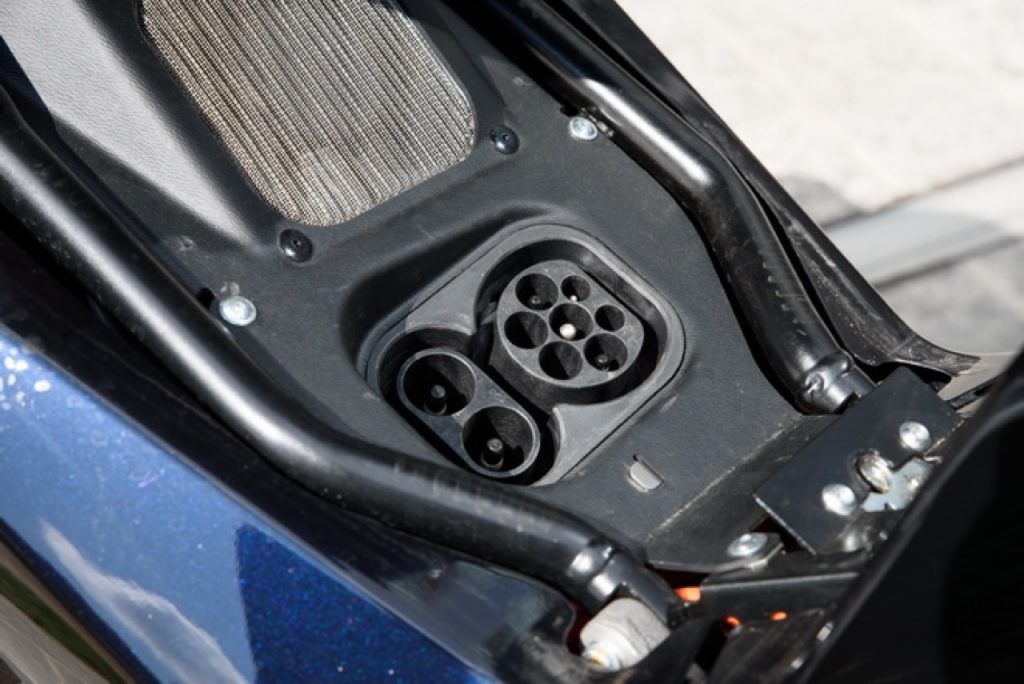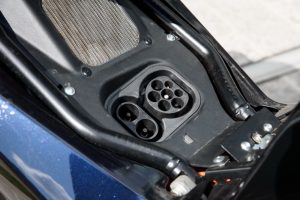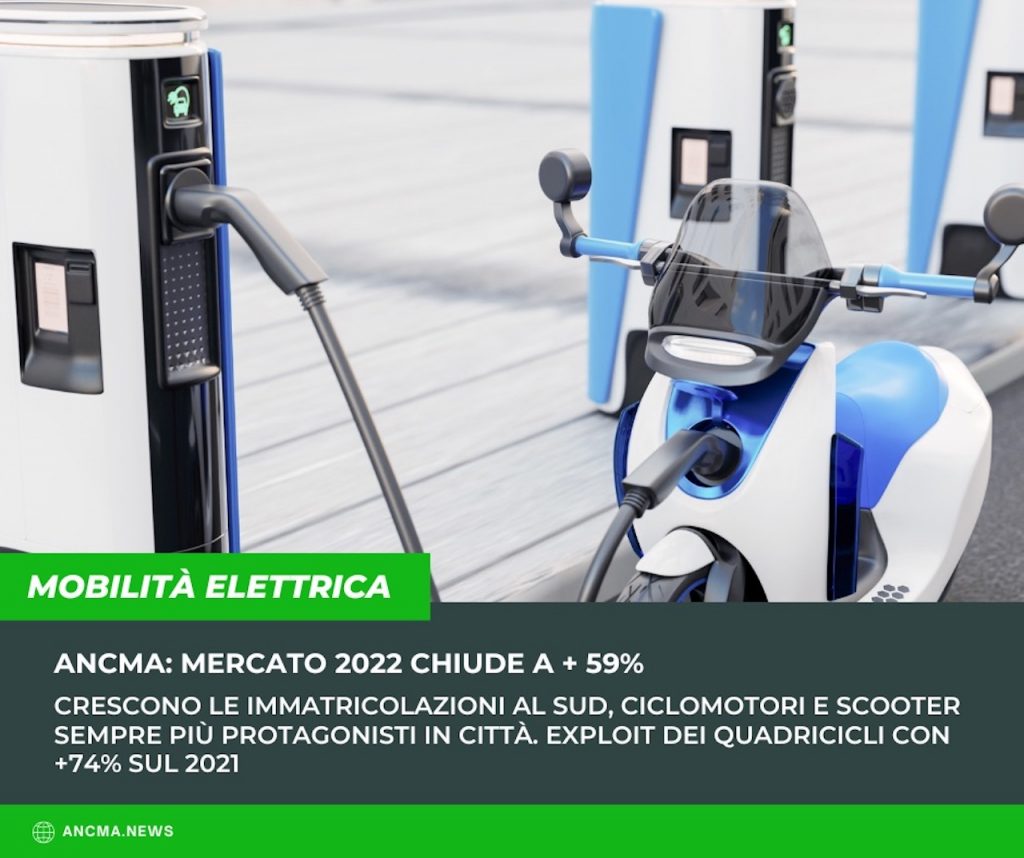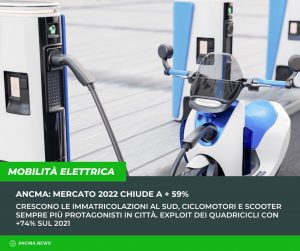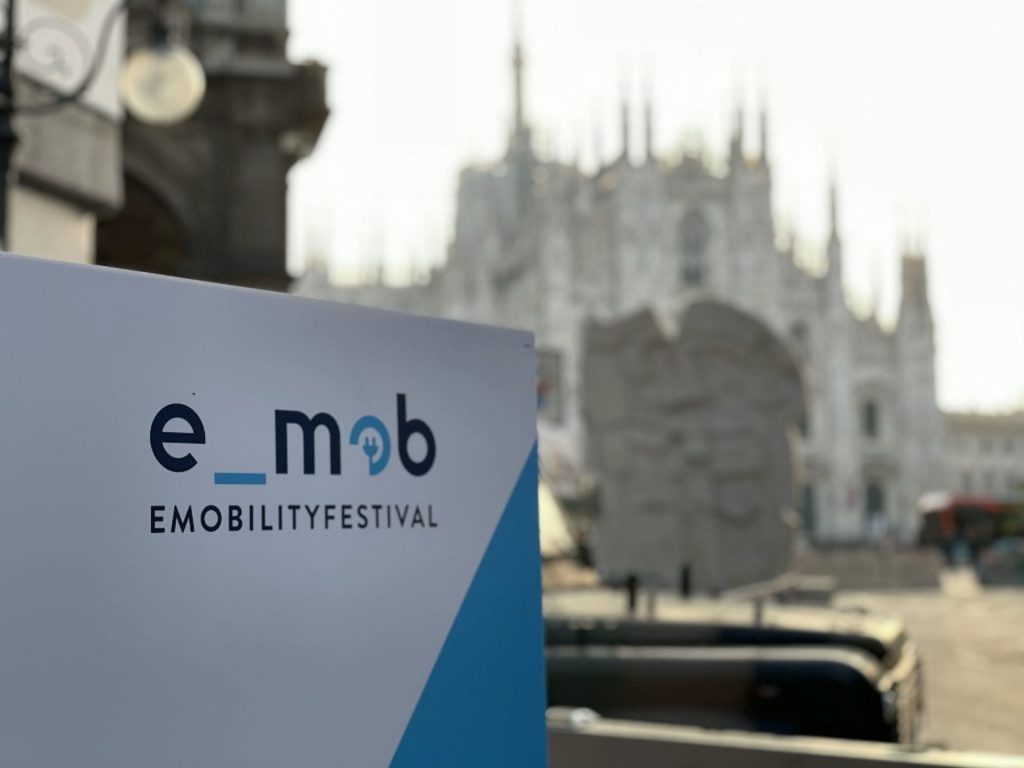Electric mobility: a snapshot of the role of industrial policies in the transition in a report
Request for a clear political direction


From the previews of the report “E-mobility Industry survey – The transition of the mobility chain and the role of industrial policies” by the trade associations MOTUS-E, ANPHIA, ANIE Federation, Confindustria ANCMA and University of Ferrara, presented next January, there is talk of the transition to electric and the protagonists are requesting a clear political direction (30% of the responses), liquidity for investments (29%) and skills (13%), according to what reported.
Previews on the report
The survey is useful for quantifying the extent of the ongoing transformations and the related opportunities and critical issues, thanks to an analysis base from which to start to highlight and compare with the nodes of the Italian industrial system, for example the relationships with the public administration and its funding, relations with the national education and professional training system, trying to find single or coordinated solutions to guide new development trajectories.
At the national level they were 122 operating companies were interviewed in the traditional and electric mobility supply chains, aiming to ascertain the state of the industrial transition, from the manufacturers of finished vehicles (24% of the sample) to the various levels of supply, including service providers who represent 25% of the total. A summary framework that allows us to understand the complexity of the transition and the variety of forms and objectives through which industrial policies can support it.
The survey highlights the priorities and different response speeds in the electrification of mobility within the supply chain. It should be noted that for 65% of operators involved in components, electric mobility is not yet a priority; while 40% of the operators who are re-specializing the fastest are OEMs (Original Equipment Manufacturers). The document also focuses on the demand for business training, the need to create production lines for the electric mobility market and on the obstacles that companies encounter in accessing public support tools. The centrality of research, development and innovation activities is also underlined, as they are "indispensable to address the transition". It is indicated that 94% of manufacturers of finished examples are already investing in this regard.
Repertoire photos
if you want to always be updated on our news
Follow us here

